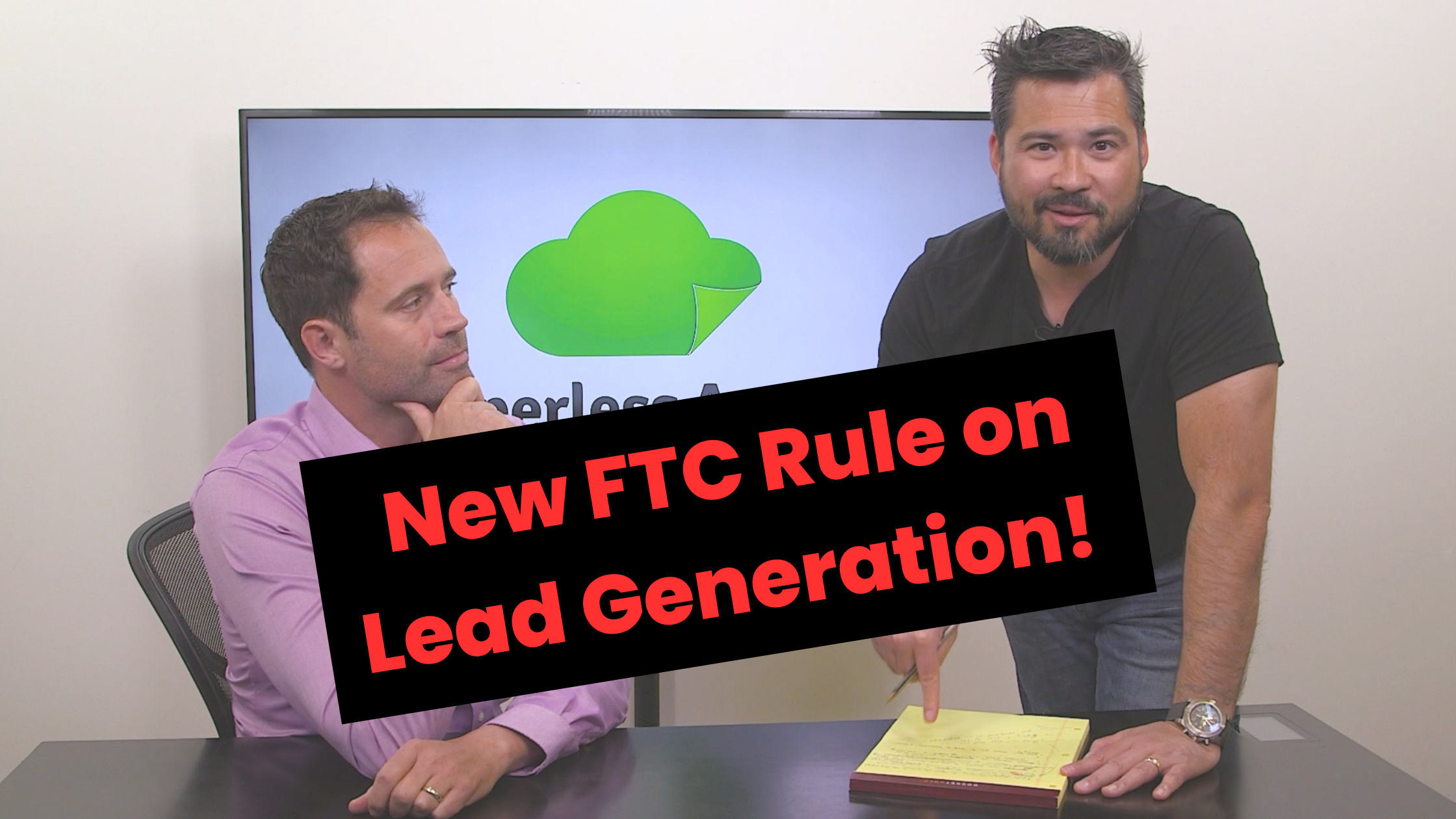This week Chris and Garry are joined by Mike Simonson, founder and president of Altos Research, to discuss the current state of the real estate market. They'll touch on topics such as fears of a market crash, how the debt ceiling crisis will impact real estate, and how to use data to provide more insight and information to your clients.
Download Mike's FREE Ebook "How To Use Market Data To Build Your Real Estate Business": bit.ly/altos-ebook
Real Estate Market Insights: Navigating Today's Challenges
In today's rapidly evolving real estate market, gaining a deep understanding of Real Estate Market Insights is crucial for agents looking to grow their careers. With inventory shortages and fears of a potential crash, it's essential to stay informed and prepared for the challenges ahead.
Throughout this blog post, we will delve into the factors contributing to inventory shortages in both residential and commercial sectors, as well as debunk common concerns regarding an impending market collapse. Because Real Estate Market Insights are key in navigating these uncertain times, we'll also discuss how agents can become local market masters using Altos Research reports and adapt their communication strategies with clients.
Finally, we'll explore data-driven approaches that help reduce uncertainty among clients by memorizing vital statistics from research reports and fostering open conversations. Additionally, we'll touch upon effective video marketing strategies that allow you to share valuable information with your audience.
Inventory Shortages in the Real Estate Market
Real estate agents must stay informed about the current state of the housing market to succeed in their careers. One major issue affecting the industry is inventory shortages, which have led to high demand and increased prices for both residential and commercial properties.
One source of inventory shortage is seller reluctance to list their homes. Homeowners are hesitant to list their properties for sale due to economic uncertainty and concerns about finding a new home amidst high demand.
Investors are also keeping homes off the market, exacerbating inventory shortages, due to anticipated future appreciation or rental income opportunities.
Some areas experiencing the effects of inventory shortages include:
Housing Market: Shortage of available homes has driven up prices across all segments of residential real estate.
Mortgage Rates: Historically low mortgage rates are not enough to offset the high demand and limited supply, making it difficult for many buyers to afford homes.
Home Buying: Potential buyers must act quickly, often submitting offers above asking price or waiving contingencies to secure a property amidst fierce competition.
It's crucial for the real estate industry and local governments to address these inventory shortages to maintain a healthy market balance.
Real estate agents must stay informed about their local market activity and adapt their strategies accordingly to better serve clients navigating this competitive landscape.
Debunking Fears of a Real Estate Crash
Don't believe the hype - the housing market is not crashing anytime soon. There are several external factors affecting the real estate market that we can trust to keep the market alive:
Economic Growth: A healthy economy means stable home sales and prices.
Mortgage Rates: Low rates keep demand high and prevent drastic declines.
Housing Demand: Population growth and changing demographics fuel activity in residential markets.
Analyzing Current Data for Potential Warning Signs
Don't fall for unfounded fears - rely on accurate data from reputable sources like Altos Research reports or chief economists at major institutions such as NAR or Zillow Group.
Pay attention to the following to stay informed and navigate any fluctuations confidently:
Watch for sudden increases in foreclosures.
Keep an eye on unsold inventory, but we're currently experiencing shortages instead of excess.
Changes in commercial real estate trends may signal broader economic issues that could eventually impact housing demand and home prices.
Preparing for Market Changes as an Agent
Adapting to changes in real estate is vital for agents to keep up with trends and give helpful information to customers. There are resources available to help agents remain educated and equipped with market insights.
Using Data to Inform Clients and Reduce Uncertainty
Stay informed and provide accurate information to clients by utilizing data from reputable sources like Altos Research reports. These reports offer comprehensive data on home sales, prices, inventory levels, and mortgage rates tailored to your area that will allow you to deepen your understanding of the housing market.
Memorize Key Statistics from Research Reports
Memorize key statistics like housing demand, mortgage rates, home prices, and market activity to better advise clients on buying or selling properties.
Open Up Conversations Instead of Shutting Them Down
Use statistics as conversation starters to demonstrate your expertise and build trust with clients.
Provide context and explain how factors like mortgage rates or commercial real estate trends may impact your client's specific situation.
Staying up-to-date with local housing market data is essential for any successful real estate agent. You can then use this information to tailor your client communications for optimal results.
Adapt Communication Strategies with Clients
Educate: Share relevant information about the housing market from reputable sources such as chief economists at leading institutions.
Listen: Actively listen to client concerns while providing reassurance based on facts instead of speculation.
Solutions-oriented approach: Offer creative solutions tailored specifically to your client's needs and preferences, such as alternative financing options or off-market properties.
Maintaining knowledge and modifying interaction techniques will help to foster client confidence and equip you for any potential modifications.
Video Marketing Strategies for Sharing Information
In the digital world, video marketing is a must for real estate agents to make contact with their customers and show off their knowledge in property markets. Some methods for communicating your expertise include:
Create engaging content: Produce informative and entertaining videos about relevant topics like real estate industry trends and mortgage rates.
Utilize Altos Research reports: Use data from Altos Research reports to provide accurate statistics about home sales, prices, and demand in your area.
Showcase client testimonials: Include brief clips of happy customers sharing their experiences working with you to build trust among potential buyers and sellers.
Leverage social media platforms: Post regular updates about commercial real estate news or recent home buying successes within your community on popular social media channels like Facebook, Instagram, LinkedIn, and YouTube.
Incorporate live streaming events: Host virtual open houses or Q&A sessions using platforms like Zoom or Facebook Live to reach a wider audience and answer questions in real-time.
By implementing these video marketing strategies, you'll be better equipped to share valuable information with your clients and alleviate uncertainty among potential buyers and sellers in today's competitive housing demand.
1-Min. Real Estate Video Scripts
That Get 5x Engagement
Stand out from the masses of other agents with these simple video scripts. Thanks to these unique “selfie style” scripts, social media algorithms can’t help but promote the video for you… Expanding your reach and putting you in front of people who are looking to sell their homes in the next 3-4 months!
Conclusion
Agents who want to advance their careers must have a clear understanding of the present housing market.
The lack of available properties is one of the biggest problems facing real estate professionals today. Rather than worrying about an impending crash, agents should concentrate on modifying their communication techniques with clients and utilizing data to inform them.
To stay ahead of market fluctuations and decrease uncertainty for clients, it's essential for agents to become experts in their local markets by using available resources such as Altos Research reports. By doing so, they will be better equipped to navigate any uncertainties and make informed decisions that benefit both themselves and their clients.




